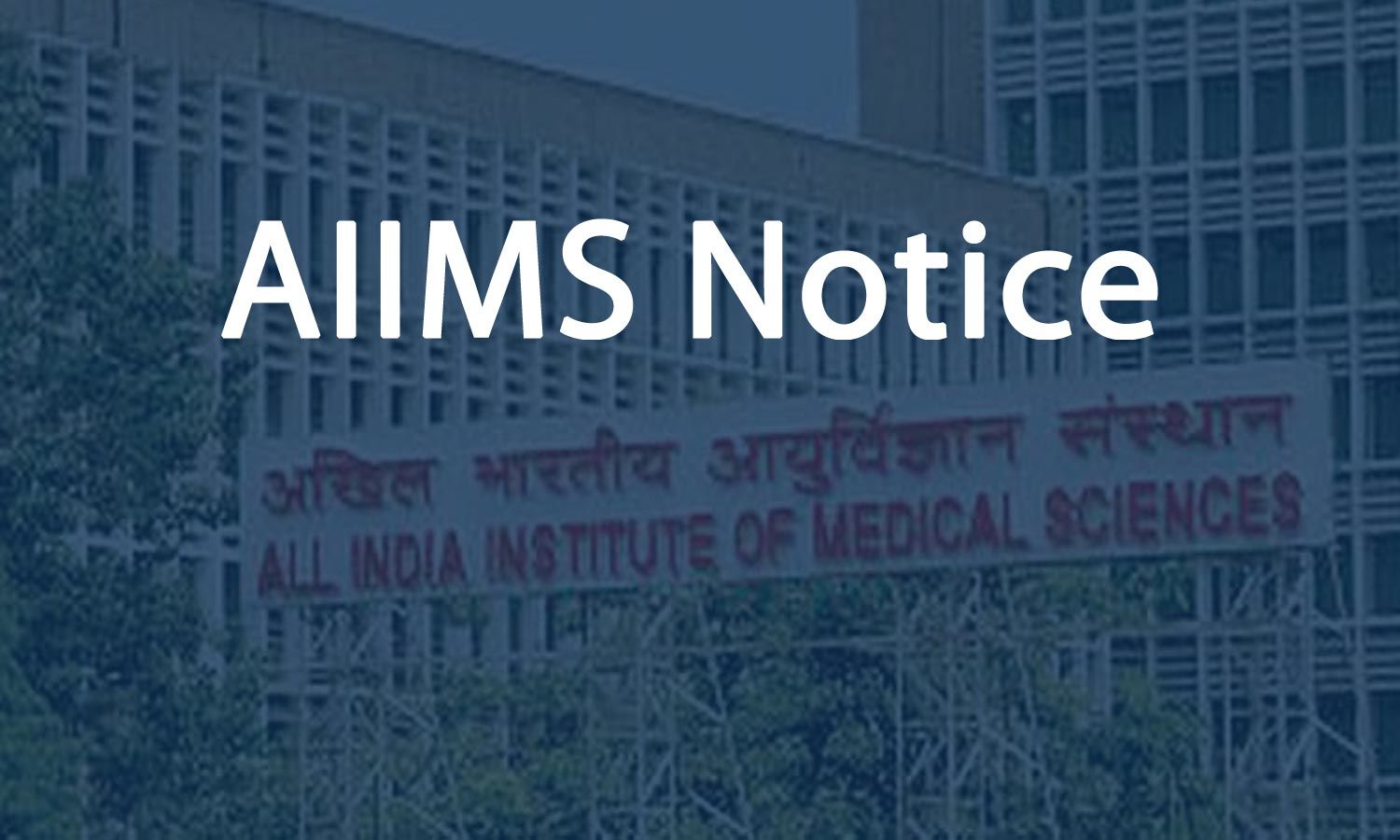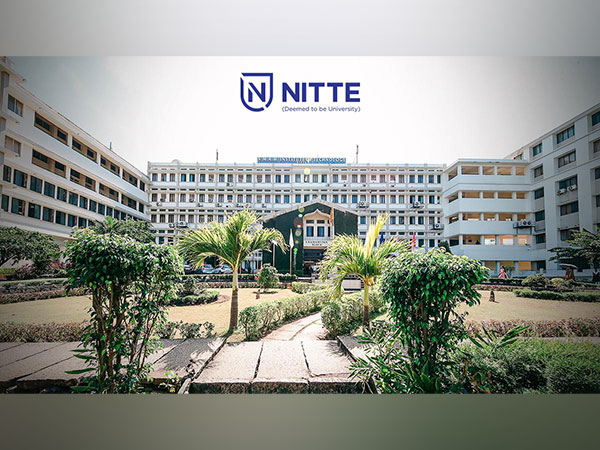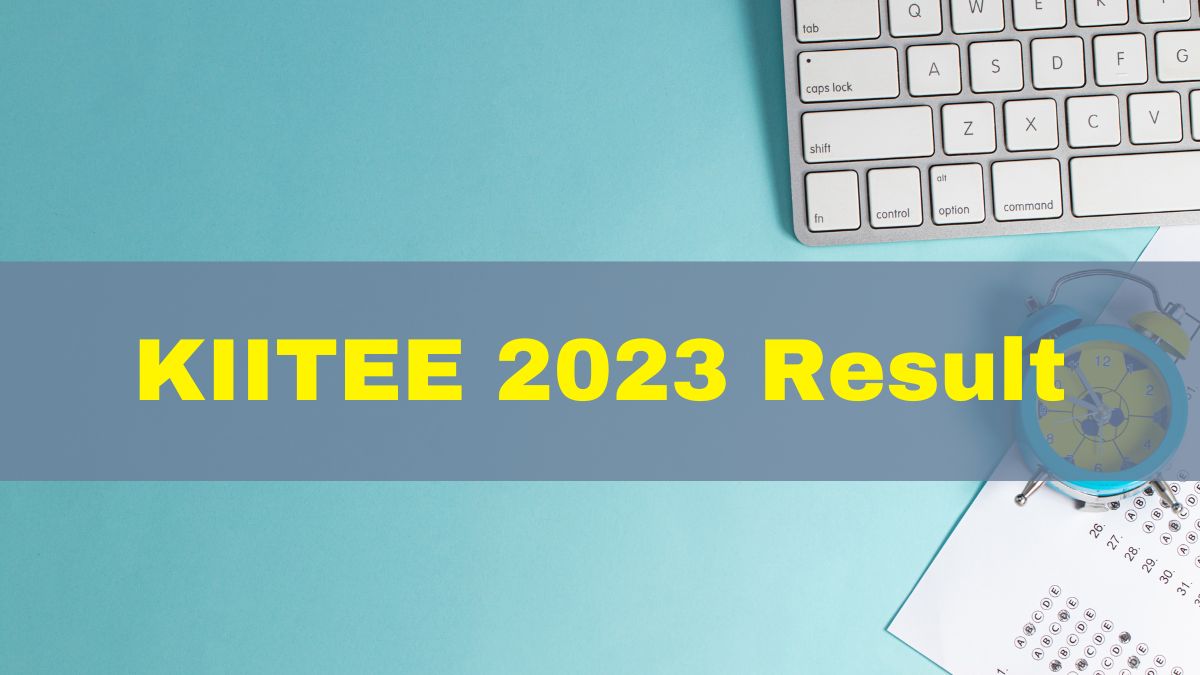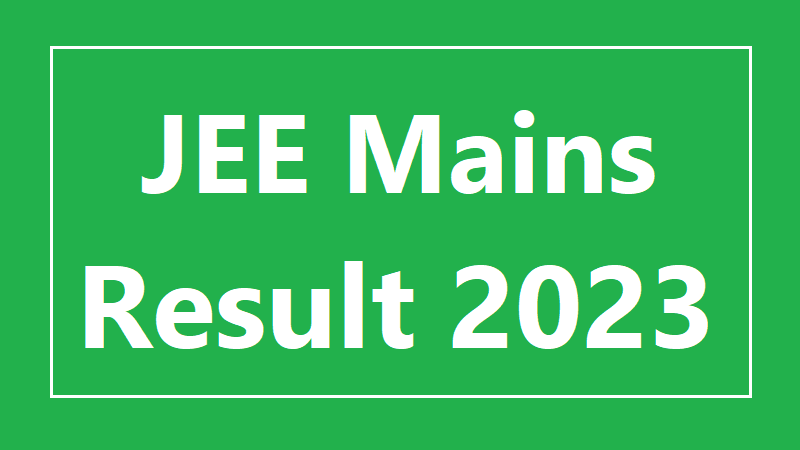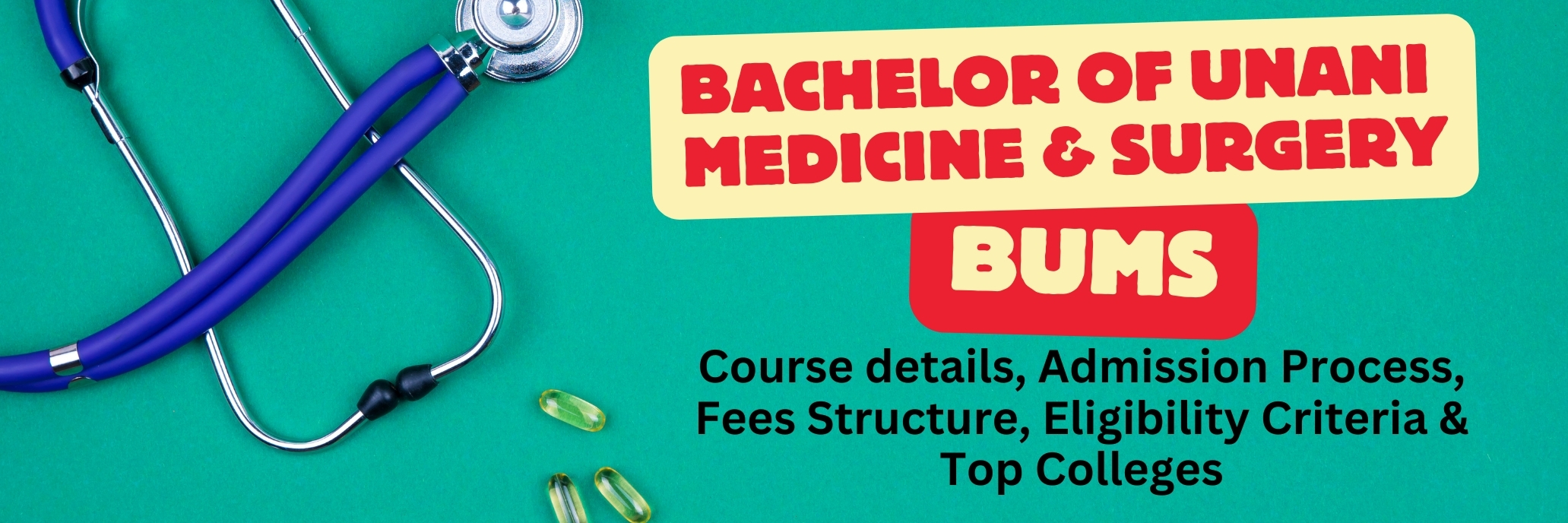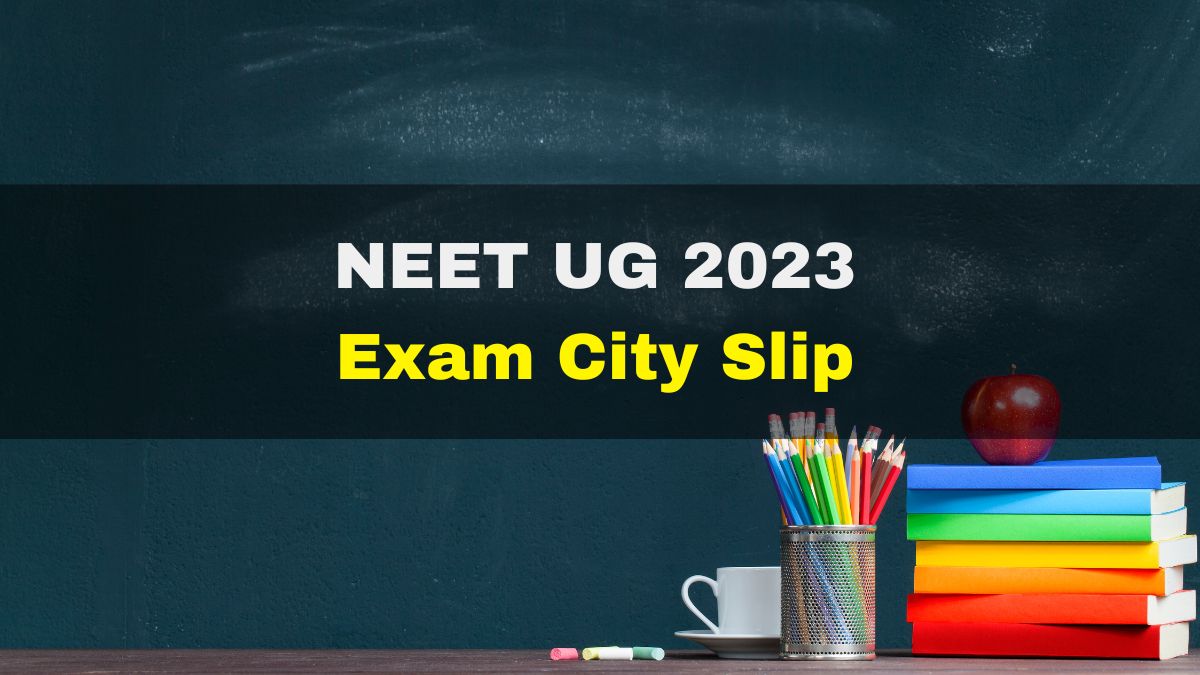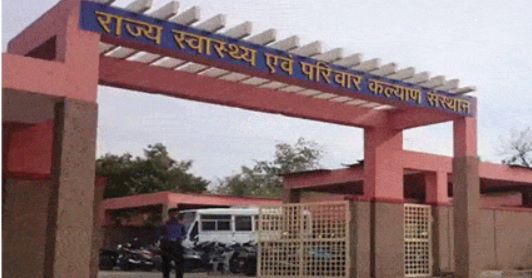Online applications are being opened for the Summer Internship Program 20233 at the Maharashtra University of Health Sciences (MUHS). Students who are enrolled in a college that is associated with MUHS, Nashik, and are in their third year of the health science undergraduate program are eligible for the program. During their summer breaks, students can learn new skills and obtain real-world experience through the internship program.
Interested individuals must study the university’s guidelines and instructions before applying for the program. The online application form is accessible on the MUHS website and must be submitted by the deadline of May 10, 2023, at 23:59 (midnight), or on any other date that may be specified, announced, or modified from time to time by the institution. http://intranet.muhs.ac.in/admission_sip_application_form.aspx is the URL to the online application form.
The internship program is carried out at numerous SIP centers in which MUHS has registered, and each SIP’s learning objectives have been briefly described. The curriculum is developed to help students gain practical experience in their chosen subject of study and advance their knowledge and abilities. The internship program offers students a special chance to interact with professionals in their industry, receive real-world experience in their chosen subject, and learn about the most recent advancements in their field of study.
The Summer Internship program is a crucial component of the undergraduate curriculum since it enables students to put their newly acquired academic knowledge to use in a practical situation. Students participating in the program get the chance to learn about many career options, obtain work experience, and hone crucial abilities like problem-solving, cooperation, and communication.
Important dates to keep in mind:
- The inspection of the Application Form – 19.05.2023
- Publication of the Provisional General List of Candidates – 23.05.2023
- Deadline for sending an email to [email protected] with any discrepancies – 24.05.2023
- Publication of the Provisional General Merit List – 25.05.2023
- To call for Objection/ Suggestion, if any, – 26.05.2023
- Publication of the General Merit List – 30.05.2023 Admission 1st Round
Selected candidates will receive an online allotment letter, and they should use the OTP sent to the registered mobile number to enter their account and print out the allocation letter. The dates for the MOP UP round and the Admission 2nd Round, if necessary, will be announced later.
Interested individuals may submit an online application if they are enrolled in the third year of an undergraduate health science program at a college connected to MUHS, Nashik. Candidates must pay the stipulated application cost of Rs. 500 online; it is non-refundable unless otherwise stated in the condition.
Candidates from families below the poverty line (BPL) or who are financially unable to pay the processing fee must submit a certificate and undertaking properly certified by the respective Dean or Principal to the University. In these situations, the Vice-Chancellor maintains the discretion to exclude candidates from paying the processing fee. Candidates should read the instructions/guidelines and the linked university notification before filling out the online application form.
A 50% refund of the application costs will be given to applicants who are not given a place in the programme.
In the second round, or any more rounds, if any, any seats that are still unfilled will be filled in accordance with the general merit list; Furthermore, the University may conduct the MOP UP or Spot Admission Rounds in accordance with its policy decision.
If they apply for the Summer Internship programand are accepted, winners of the MUHS Avishkar Research Festival 2022 (held in January 2023) will be qualified for a complete reimbursement of their application fees. Apart from summer break, the time spent at each enrolled SIP Centre will be regarded as a study session and treated in the same way as regular attendance.
The Statement of Purpose, which is worth three points, and the 12/HSC % or CGPA, which is worth ten points, will be used to evaluate applicants. The 13 total points—3 for the Statement of Purpose and 10 for the grade-point average or CGPA—will be used to create the merit list.
In the event of a tie, the candidate’s age will be taken into account first, then the candidate’s overall score on the 12th-grade exam. The applications will be reviewed by MUHS, which will then provide a merit list online. Successful candidates must submit a joining letter through the designated Nodal Officer and report at the relevant SIP centre at their own expense after receiving a temporary institute ID.
The provision of housing and meal services will depend on the payment of essential fees at the same rate as candidates who live in dorms. Students who successfully complete their internships will be awarded a certificate, a badge, and a salary of up to Rs. 2500 per week for a maximum of four weeks.
To provide the interns with webinars with digital content, MUHS has signed MoUs with reputable software companies. Like last year, expert professors from the MPGI Institute of the University will lead lectures and online learning sessions.
Based on the position of the proposal and any updated information from the SIP Center(s), the provisional list is subject to change. At any time during the admissions process, the institution retains the right to modify or alter the provisional list.
The steps for completing the online application form are as follows:
- Make sure you have a working mobile number and email address.
- Before completing the online application form, download the Admission Notification and University Notification 10/ 2023 and carefully read both.
- In six steps, beginning with Step 1, continuing with Step 2, Step 3, Step 4, Step 5, and Step 6, complete the online application form.
- Verify that you satisfy the requirements and educational requirements given by the university for the online admissions procedure 23.
- Carefully complete the online application form. Depending on your qualifications, select the appropriate SIP Centre and Learning Goal(s). You must meet the necessary eligibility requirements and complete the Choices of Summer Internship Programs (SIP) for AY 23, which will be held at various SIP Centres registered by MUHS.
- Only one application should be submitted. Your previous application will be rejected if you submit more than one; only the most recent application will be accepted.
- Please be aware that the office is unable to repair any errors made when completing the online application form. Such inaccuracies are not the responsibility of the office.
- Candidates must enter an OTP password to make modifications to their application after entering their mobile number. Candidates can modify their application before online submission.
- Once the candidate submits their application form online by pressing the “SUBMIT” button, there will be no further scope to make changes to the online data.
- The system will not print the application form until basic information, educational qualifications, SIP preferences, and the online application fee of Rs.500/- (non-refundable) have been entered.
Important Documents
When completing and submitting the online application form, the following documents must be uploaded or filled out:
- The qualifying exam’s mark list(s). The HSC 12th Standard is required and reflects the percentage of total marks that were earned.
- The cumulative grade point average (CGPA), 12th/HSC percentage. Candidates must fill up the anticipated percentage after the equal percentage of marks has been converted into 10 Marks in accordance with the relevant examination authority norms (if applicable).
- A statement of purpose for each of the learning objectives the applicant choose to include in their online application. It is worth three marks total, and the university will grade it. A proportionate mark (either 1, 2, or 3) must be given by the candidate based on the provided statement of intent.
- A No Objection Certificate (NOC), in the format specified by the University as (ANNEXURE – A), from the college or institute the candidate is currently enrolled in.
- It is necessary to print, complete, and upload a copy of the Undertaking in the format required by the University (ANNEXURE – C).
- If a candidate is from a family that falls below the poverty line (BPL) and wants to be excluded from paying the processing cost of Rs. 500, they must provide a certificate from the relevant authority.
Eligibility
The prerequisites for the Summer Internship program(SIP), as decided by MUHS, will change according to the program’s specific learning objectives. Candidates enrolled in undergraduate health science programmes (such as MBBS, BDS, BAMS, BHMS, BUMS, BPTH, BSC Nursing, BOTH, BNYS, BPMT, B.A.S.L.P, BPO, and BSC HLS) from colleges connected to MUHS, Nashik are currently eligible to apply if they are up to their third year.




















